Artists perform the cheo tune "To Vo" in the play "Suy Van" by People's Artist Hoang Kieu.
People's Teacher, musician, People's Artist Hoang Kieu (1925-2017), real name Ta Khac Ke, born in Hung Yen, was an excellent manager, music composer, scriptwriter and scientific researcher.
He made many great contributions and left a deep impression on the cause of inheriting and developing Vietnamese traditional folk music and stage art in the second half of the 20th century and the beginning of the 21st century.
In particular, his activities and contributions to the Cheo stage are expressed in many aspects, from music composition, to script writing, directing, scientific research and training of Cheo artists.
Among them, the three most outstanding areas are his contributions to Cheo music, scientific research on Cheo and training Cheo artists for the modern Cheo stage.
People's Artist Hoang Kieu has been involved in traditional theater for more than half a century, has been teaching for more than 30 years, and is one of the people who has trained most of the musicians, conductors, and composers of Cheo music.
Awarded the State Prize for Literature and Arts along with many noble medals and honors from the Party and State, People's Teacher and People's Artist Hoang Kieu has left a deep impression in the hearts of colleagues, students and those who love Cheo theater art.
From the textbooks, elaborate research works, the Cheo plays imbued with the folk spirit to the emotional melodies - all are the crystallization of a lifetime of serious and dedicated artistic work.
Not only preserving traditional values, People's Teacher and People's Artist Hoang Kieu has contributed to renewing, spreading and elevating the art of Cheo in the breath of contemporary social life. He is also the one who lights the fire, inspires and supports many successive generations.
Director, PhD, People's Artist Thanh Ngoan (Director of the Center for Preservation of Traditional Performing Arts of Vietnam) is one of the students of People's Artist Hoang Kieu. She affirmed that People's Artist Hoang Kieu not only contributed to the preservation of traditional values but also had pinnacle creations in the art of Cheo.
People's Artist Thanh Ngoan believes that, in the flow of modern Cheo, he is one of the people who laid the foundation for an exemplary and creative way of writing stage music while still maintaining traditional identity.
Leading with a live performance of the cheo tune “To vo” in the play “Suy Van” by People’s Artist Hoang Kieu, People’s Artist Thanh Ngoan showed that the music of this cheo tune has different tones, making this tune like a modern choir, and this is a work he performed in the 60s.
Putting such modern ideas into the play “Suy Van”, but the transformation of People’s Artist Hoang Kieu on the traditional music background is so skillful that many people mistakenly think this is an ancient Cheo play. Even People’s Artist Thanh Ngoan once made the same mistake.
“His music in this play is not simply a supporting part, but has become a part of the soul of the play - contributing to the brilliant success of Suy Van and affirming his creative talent at its peak. Later, when I had the opportunity to do more research, I realized that Suy Van was the crystallization of a top artistic team at that time - a real revolution in the art of Cheo”, People's Artist Thanh Ngoan emphasized.
Artists perform excerpts from the play "Suy Van".
People's Artist Thuy Ngan (former actress of the Vietnam Cheo Theatre) is the one who has been attached to the role of a lifetime, Suy Van, for more than 40 years. Sharing the same opinion with People's Artist Thanh Ngoan, artist Thuy Ngan said that the music of the play Suy Van is so good that every time she performs, just hearing the music as it plays gives her goosebumps. She has memorized the play by heart, from the musical nuances associated with each movement, to each musical note, associated with each step, to the dramatic conflicts and contradictions in the character described by the music, and all of them seem to lead the actor deeper into the character, supporting the actor's soul when transforming into the character.
Director, PhD, People's Artist Le Tuan Cuong further analyzed the uniqueness of the background music of the play "Suy Van" composed by People's Artist Hoang Kieu and said: "This is a breakthrough, a phenomenon of Cheo music in the 20th century. Later, many music composers also relied on it to write Cheo plays with historical, folk, and modern themes with background music, harmony, arrangement, backing vocals, raising and lowering the pitch, enriching the treasure of Vietnamese folk music. It can be affirmed that musician, People's Teacher, People's Artist Hoang Kieu composed music for an excellent play "Suy Van", affirming the brand of the Vietnam Cheo Theater with colleagues across the country."
Dr. Tran Dinh Ngon said: “Musician Hoang Kieu is one of the leading musicians in recording and collecting ancient Cheo melodies from artisans, then researching and compiling them into books. At the same time, he is also the first person to compose background music for ancient Cheo plays that have been revised and adapted, as well as some Cheo plays with new themes.
The passion for music research of musician and People's Artist Hoang Kieu has left a deep mark on many generations to come, especially on his talented daughter: musician Giang Son.
From a musician's perspective, musician Giang Son said that when she learned more about her father's career, she admired him more because he was a master in the matter of interpolating Cheo melodies in particular, and traditional Northern art in general. He was the first great arranger for Cheo orchestras and traditional plays.
Like People's Artist Thanh Ngoan, musician Giang Son thought the plays his father wrote were traditional Cheo, but they were not. "My father was ahead of his time when he combined traditional music with classical music composition and arrangement techniques. I am proud to have grown up and become successful in a family with a long history of art."
Source: https://nhandan.vn/di-san-cua-nghe-si-nhan-dan-hoang-kieu-post901539.html


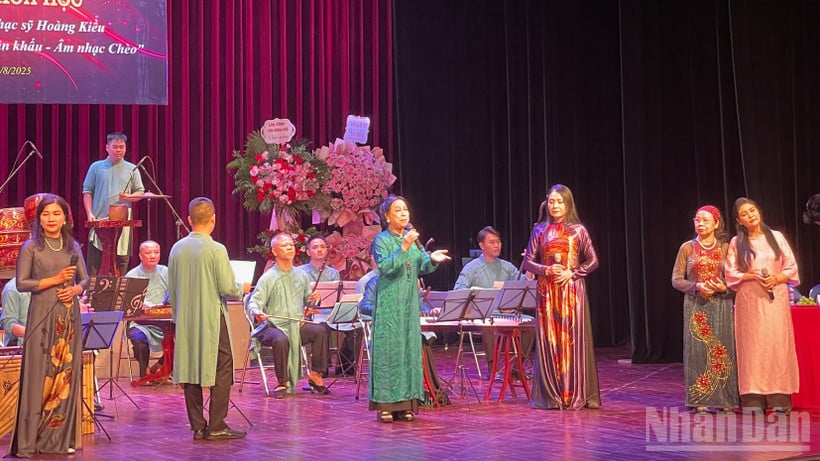
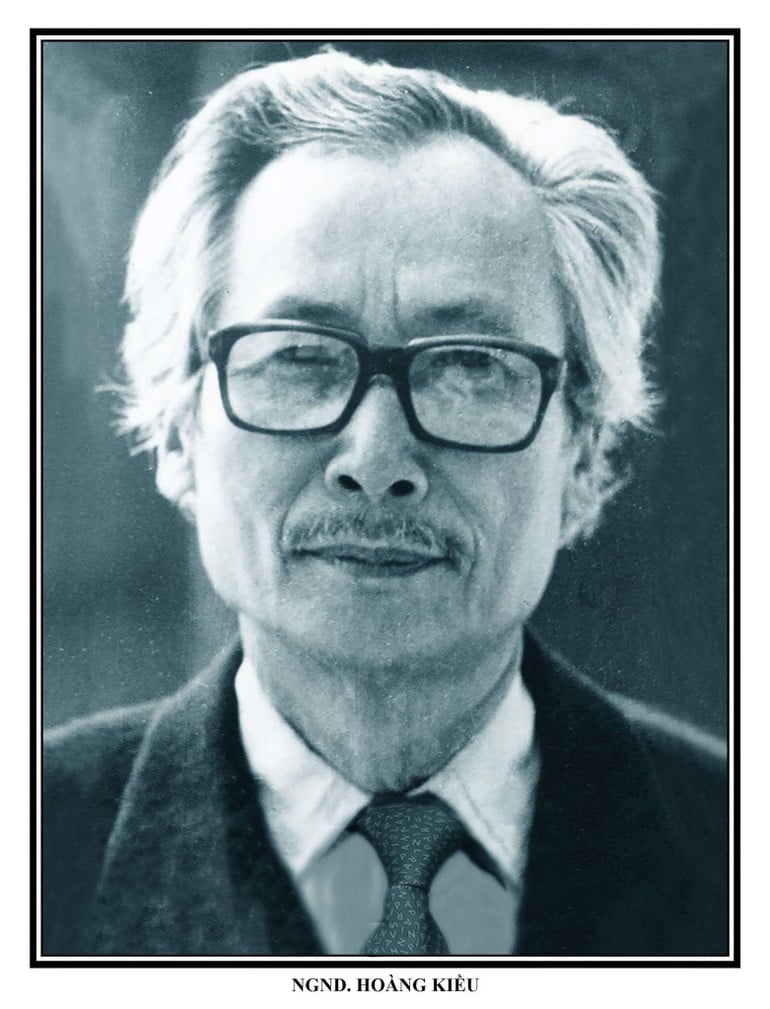
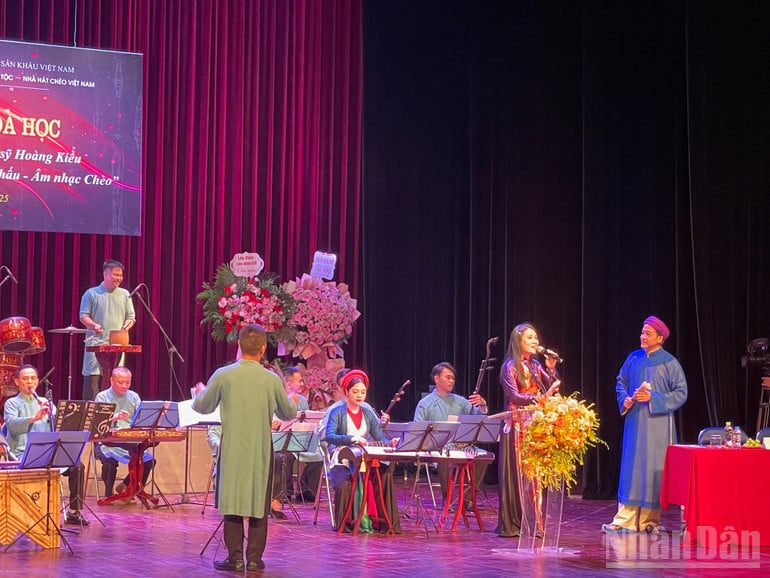



![[Photo] National Assembly Chairman Tran Thanh Man receives First Vice Chairman of the Federation Council of the Federal Assembly of the Russian Federation](/_next/image?url=https%3A%2F%2Fvphoto.vietnam.vn%2Fthumb%2F1200x675%2Fvietnam%2Fresource%2FIMAGE%2F2025%2F12%2F02%2F1764648408509_ndo_br_bnd-8452-jpg.webp&w=3840&q=75)








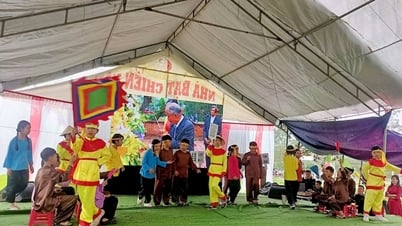












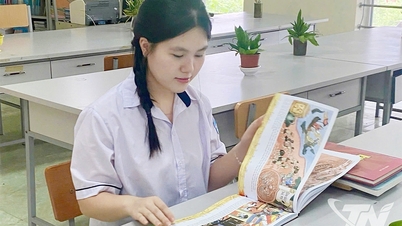

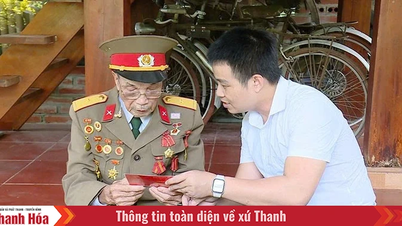





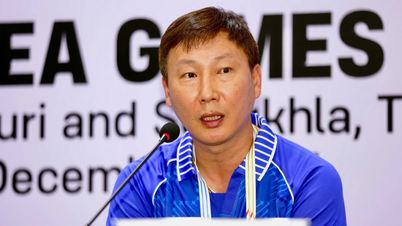
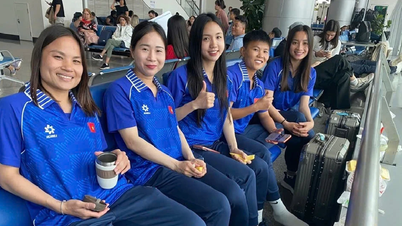



![[Video] Three female intellectuals honored for their contributions to sustainable development](https://vphoto.vietnam.vn/thumb/402x226/vietnam/resource/IMAGE/2025/12/02/1764660718053_dung00-09-55-12still003-jpg.webp)








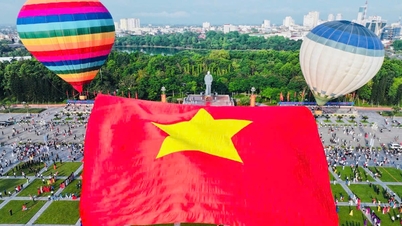


















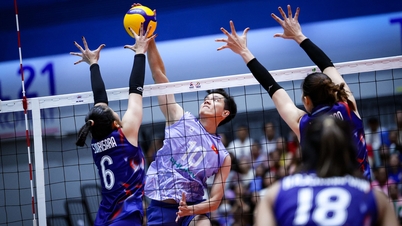
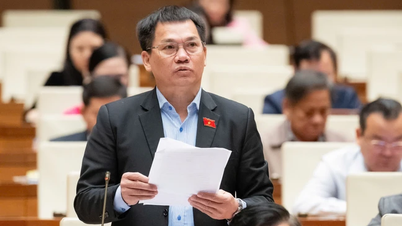



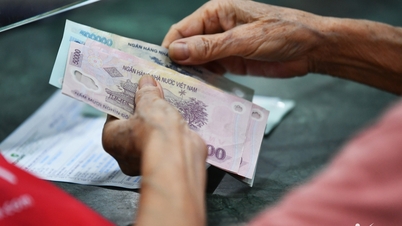
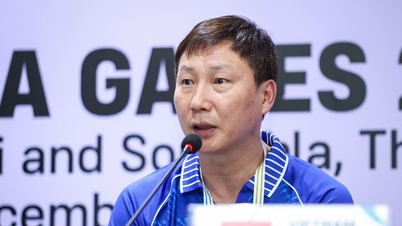
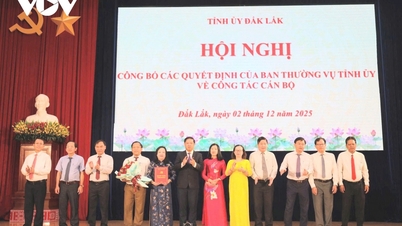

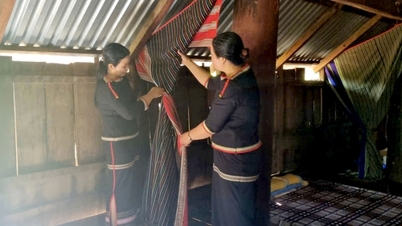

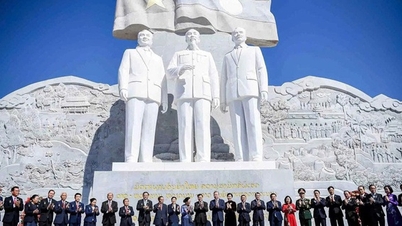
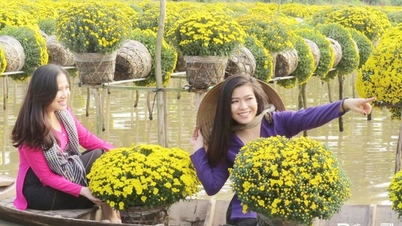
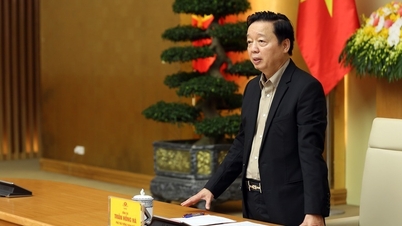

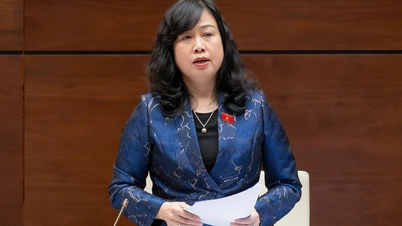
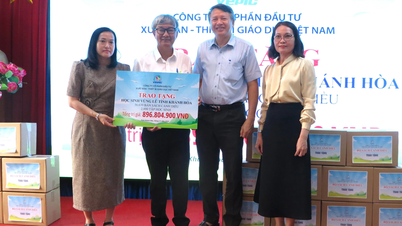





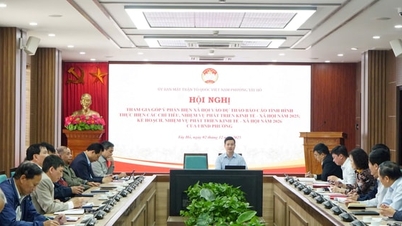











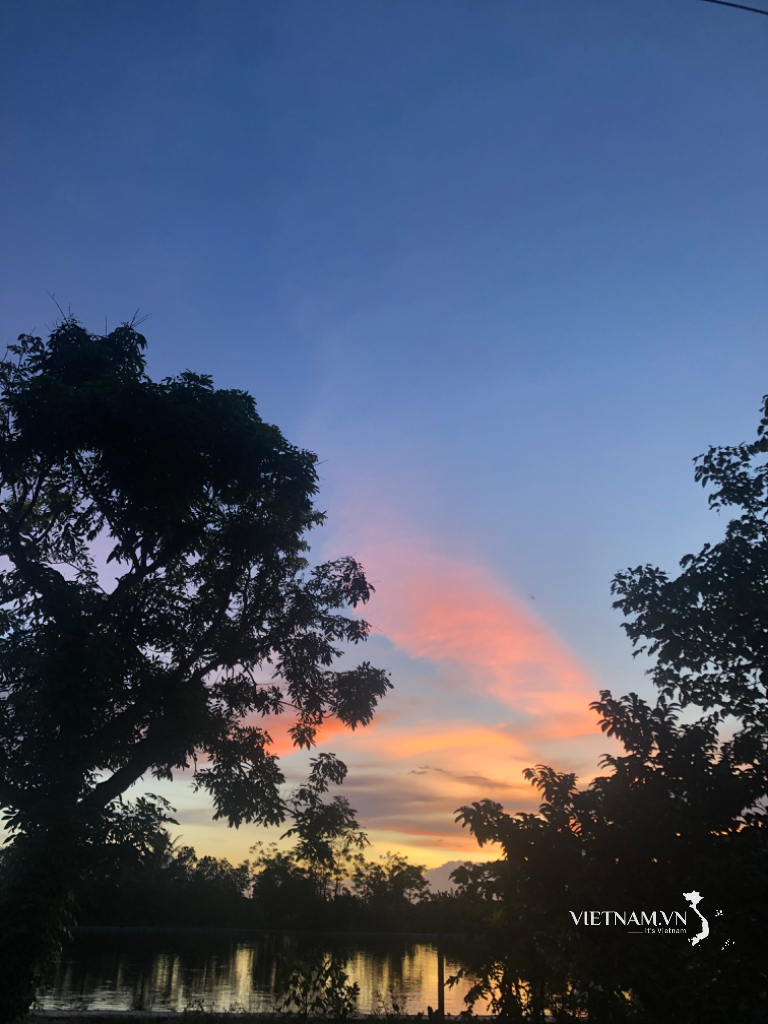
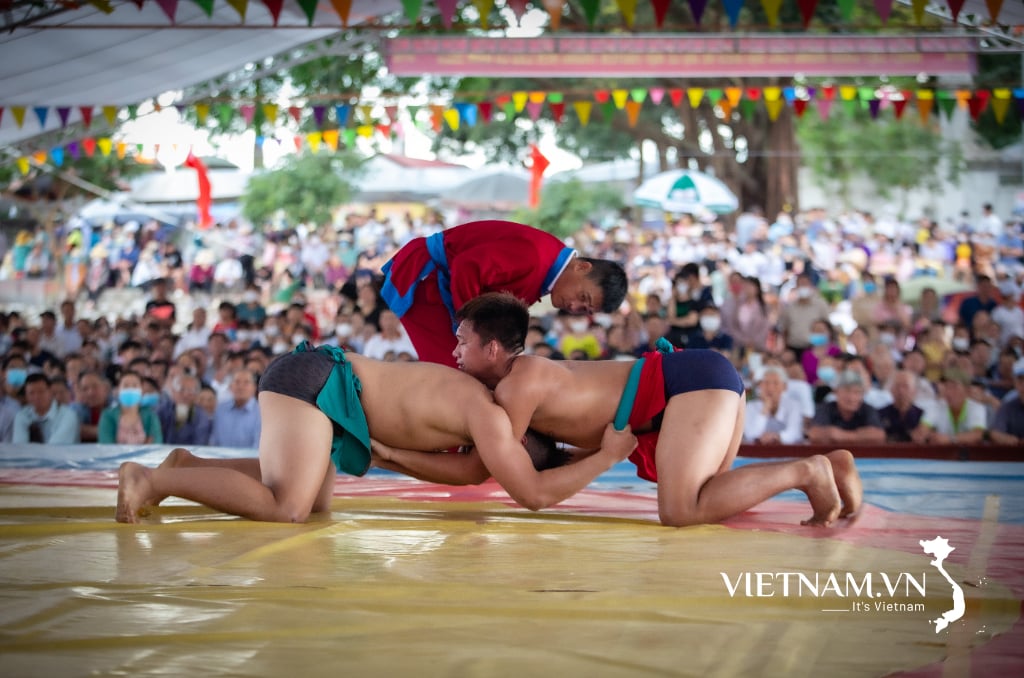

Comment (0)